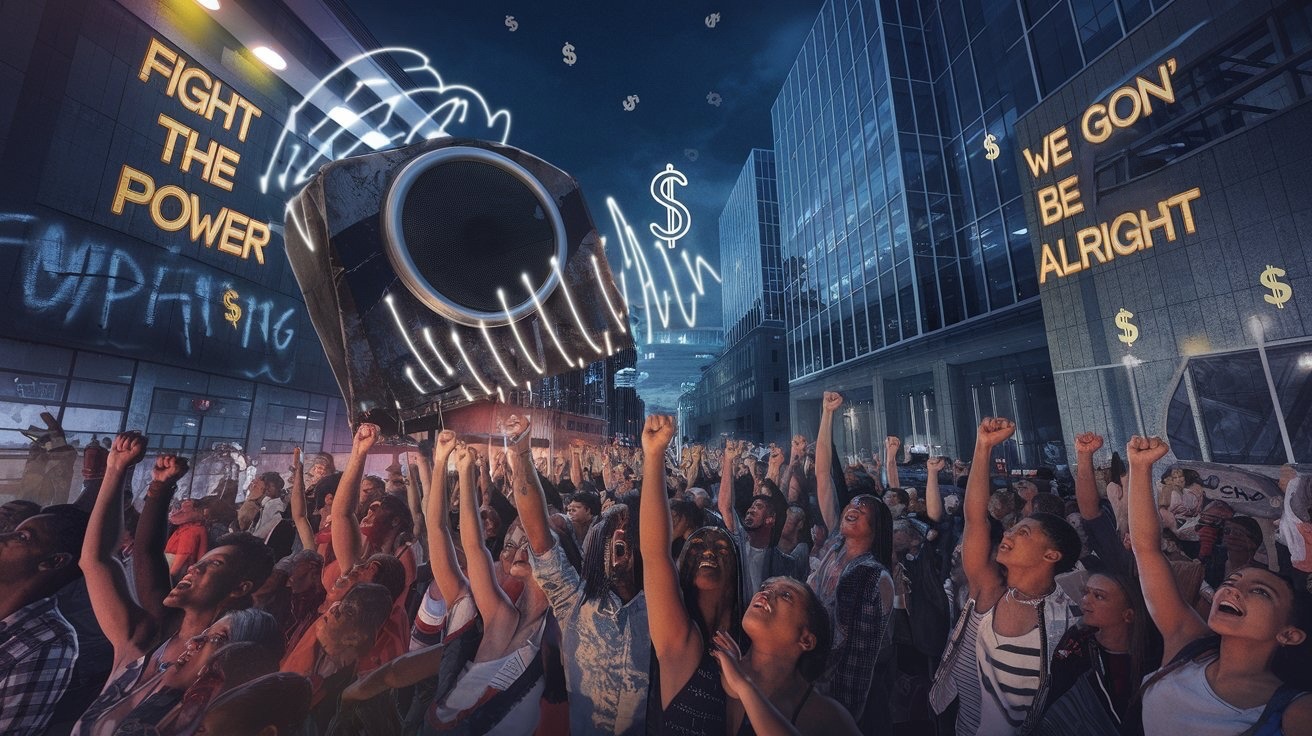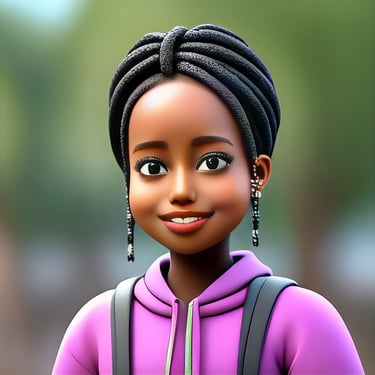Does 'Conscious Rap' Actually Challenge the System?
3 min read
Conscious Rap amplifies stories of struggle and resistance, but does it truly challenge systemic oppression or simply offer an intellectual, feel-good experience? For many, it serves as a gateway to political awareness, with anthems like Fight the Power and Alright demanding engagement rather than passive listening. These tracks validate marginalised experiences and critique capitalism while still operating within its framework. However, the reality is that the same industry profiting from Conscious Rap also profits from the oppression it critiques – raising the question of whether packaged rebellion can truly challenge the status quo. Yet, perhaps the purpose of Conscious Rap isn’t to dismantle systems outright, but to awaken and provoke deeper conversations. While I’m not a super-fan of the genre, I recognise its power to increase awareness, reinforcing the idea that even small shifts in perspective can be the first step toward change.


‘Conscious Rap’ - the "thinking person’s" Hip-Hop featuring pioneers and legends who have risen from adversity and built careers on their testimonies of struggle, outright defiance, and reflections on success. But does Conscious Rap actually challenge the systems of oppression they speak of, or does it just serve as an intellectual pacifier – a musical think piece that doesn’t require its hearers to do anything beyond nodding along and quoting lyrics in performative outrage?
The Case for Conscious Rap: The Soundtrack of Social Awakening
For many, Conscious Rap serves as an entry point into political awareness. From Public Enemy’s Fight the Power to Kendrick Lamar’s Alright, these tracks provide a crash course in systemic oppression, racial injustice, and socio-economic struggle. On hearing both you realise they are not designed for passive listening or musical enjoyment. Their existence and power aren’t in being catchy, smooth, or even sonically appealing but in demanding engagement. They are rallying cries – songs made to be shouted in unison rather than simply performed to entertain. They capture a feeling that is raw, urgent, and defiant – something that people recognize in their bones and that transcends all musicality. They are not earworms that get stuck in your head but anthems that stick to your soul. They hit a deeper, more primal nerve, giving voice to something that doesn’t need to be pretty or poetic – it just needs to be true. This is the essence of Conscious Rap.
And unlike mainstream rap’s unapologetic embrace of capitalism, Conscious Rap critiques the system while operating within it. Following in the tradition of all Conscious Music, it offers up anthems that galvanise movements and validate the experiences of marginalised communities.
The Reality Check: Can a System-Proof Sound Exist?
But let’s not be naive. The reality is that the same industry that promotes Conscious Rap also profits from the oppression it critiques. Major labels are hardly beacons of revolution. They package activism, put it on a well-produced beat, and sell it back to us. So if the system allows your rebellion to be streamed for £10 a month on Spotify, how much of a rebellion is it? If an album drops a hundred bars about systemic oppression but doesn’t lead to tangible policy change, are you really revolutionary or just another cog in the capitalist machine – ensuring the well-read and well-fed have a playlist that makes them feel enlightened without requiring them to act?
Maybe the Purpose Isn’t Overthrow – It’s Awakening
But maybe the job of Conscious Rap – or any other conscious music – isn’t to dismantle and overthrow. Maybe it’s simply to awaken and arouse. To occupy a space in mainstream culture while still forcing deeper conversations. To challenge us like the lyrical equivalent of a protest sign and make us confront uncomfortable truths – even if those truths don’t immediately lead to action.
I’m not particularly “into” Conscious Rap – or any rap for that matter. It has rarely been my go-to genre. And as a Black-British-Caribbean, I’m more attuned to Conscious Reggae than Conscious Rap. But for myself, and others like me looking in from the outside, Conscious Rappers from Public Enemy to Kendrick Lamar have made us pay attention. They’ve made us more aware. And maybe that’s where change – however small – begins. Because sometimes, it all it takes is song to shift a perspective.


